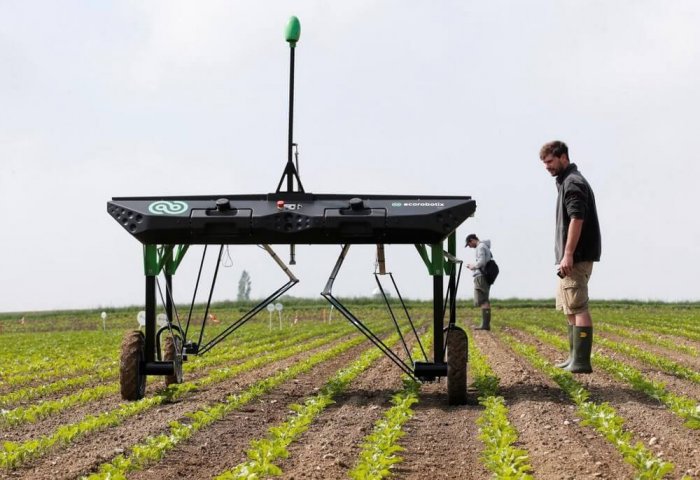Agricultural automation, which includes anything from tractors to artificial intelligence, can play a major role in making food production more efficient and more environmentally friendly.
Agricultural automation, including everything from tractors to artificial intelligence, is playing an important role in making food production more efficient and more environmentally friendly. The Food and Agriculture Organization of the United Nations (FAO) recently published the 2022 edition of The State of Food and Agriculture (SOFA) report, which states that agricultural automation can increase global food production and that this is an opportunity for farmers in developing countries.
The SOFA report, one of the FAO's flagship annual reports, examines how automation in our agrifood systems can contribute to achieving Sustainable Development Goals, exploring the drivers of agricultural automation, including digital technologies.
Based on 27 case studies, the report analyzes the business case for the adoption of digital automation technologies in different agricultural production systems around the world.
The report's authors say that automation is rapidly changing the face of agriculture and that new technologies are rapidly overtaking some of the old large tractors and big machinery in ways that can benefit small-scale producers in developing countries.
FAO states that automation can play an important role in making food production more efficient and more environmentally friendly. Maximo Torero, the FAO Chief Economist, underlines that many emerging technologies were unimaginable years ago. He gives the example of AI-based robots that monitor plants, animals and pick fruit using sensors.
"Automation makes agriculture more productive, efficient, resilient and sustainable, and can improve working conditions," Torero says.
The report looks at 27 case studies from around the world. It looks at technologies at different stages of readiness, suitable for large- or small-scale agricultural producers with different income levels. Torero says the report explores the drivers of these technologies and tries to find out what the barriers to their adoption are, especially by small-scale producers. He notes that the report looks at the most common concerns about automation, especially the unemployment resulted by technologies.
The report concludes that such concerns are exaggerated, while acknowledging that agricultural automation can lead to unemployment where rural labor is abundant and wages are low. The report also notes that in Africa, where there is an enormous youth population, it is necessary to upskill them in order to access these technologies.
Based on the analysis, the report recommends policies to ensure that disadvantaged groups in developing regions can benefit from agricultural automation and that it contributes to sustainable and resilient agrifood systems.
Nurmyrat Mommayev,
PhD Candidate at Marmara University's Department of Political Science and International Relations in Istanbul, Turkey


















